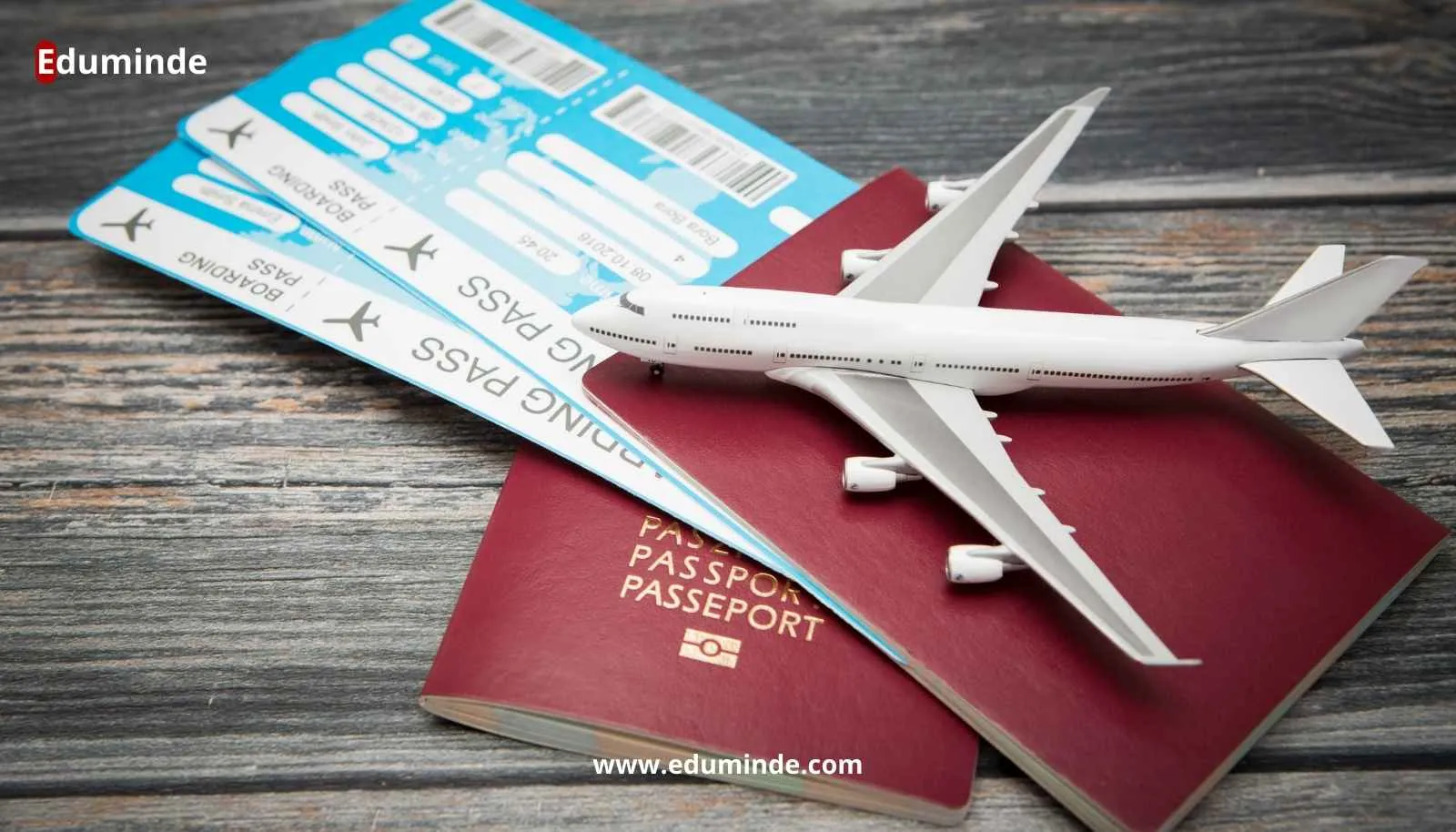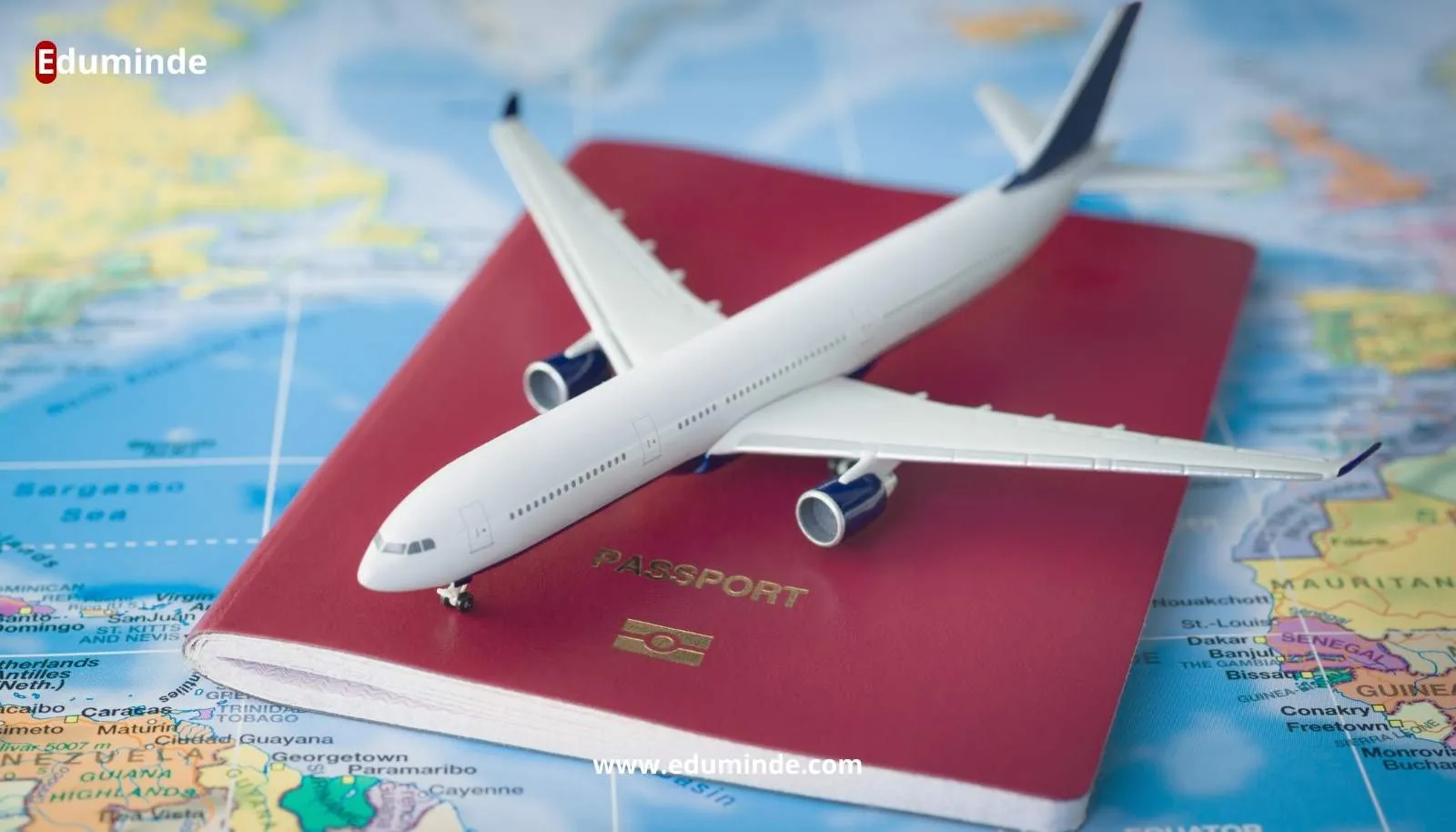The Role of AI in the Travel Industry
Artificial Intelligence (AI) is revolutionizing the travel industry by streamlining operations, enhancing customer experiences, and introducing new levels of personalization. From automating mundane tasks to offering predictive insights, AI is reshaping how travel businesses operate and how travelers plan, book, and experience their journeys. Below, we explore the key roles AI plays in the travel industry.
1. Personalization of Travel Experiences
AI enables travel companies to offer highly personalized recommendations. By analyzing user preferences, past behaviors, and search data, AI-powered platforms like Google Travel and Expedia suggest tailored itineraries, accommodations, and activities. This level of customization improves customer satisfaction and builds brand loyalty.
2. Enhanced Customer Support
AI-driven chatbots and virtual assistants are transforming customer service. Available 24/7, these tools handle inquiries, manage bookings, and provide instant assistance. Chatbots like Skyscanner’s “Sam” can answer questions about flights, hotel options, and more, significantly reducing response times and operational costs.
Read Also: Financial Advisory Bots: Could They Replace Financial Advisors?
3. Predictive Analytics
AI excels in predictive analytics, helping companies and travelers make better decisions. For instance, platforms like Hopper analyze historical flight data to predict the best times to book tickets, saving travelers money. Hotels also use predictive analytics to optimize room pricing based on demand patterns.
4. Fraud Detection and Security
AI enhances security by identifying fraudulent transactions and safeguarding customer data. Advanced algorithms monitor booking patterns, flag unusual activities, and ensure secure online payments, reducing the risk of fraud and building trust among travelers.
5. Seamless Booking Processes
AI streamlines booking by integrating voice search and virtual assistants. Travelers can now book flights and accommodations through AI-powered tools like Amazon Alexa or Google Assistant, making the process faster and more convenient.
6. Operational Efficiency
Behind the scenes, AI helps travel companies improve efficiency. For instance, airlines use AI for route optimization and fuel management, while hotels utilize AI for resource planning and staff allocation. These advancements lead to cost savings and more sustainable operations.
7. AI in Marketing and Advertising
AI-driven algorithms create targeted marketing campaigns by analyzing customer data and preferences. These campaigns ensure the right ads reach the right audience, maximizing conversions and minimizing wasted advertising spend.
Read Also: Security in the Age of Cryptocurrency

8. Language Translation and Communication
AI-powered translation tools like Google Translate and iTranslate make communication in foreign countries easier. Travelers can use these tools to navigate, converse, and understand cultural nuances, breaking down language barriers.
9. Virtual Travel Assistants
Travelers are increasingly relying on virtual assistants to plan and manage trips. AI tools like TripIt organize travel itineraries, send reminders, and provide real-time updates about flights or reservations, ensuring a stress-free experience.
Read Also: Electronic Payment Systems: A Comprehensive Review
10. Autonomous and Smart Travel
AI is paving the way for autonomous vehicles, including self-driving taxis and buses, which promise to revolutionize transportation. Smart cities equipped with AI-powered systems further enhance the travel experience by offering real-time updates on traffic, public transport, and events.
Challenges and Ethical Considerations
While AI brings immense benefits, challenges such as data privacy, job displacement, and ethical concerns remain. Ensuring transparency in AI algorithms and addressing biases are critical to harnessing AI’s full potential responsibly.
Conclusion
AI is playing a pivotal role in shaping the future of the travel industry. From personalized experiences to operational efficiencies, its applications are vast and transformative. As AI technologies continue to evolve, travelers and businesses alike can look forward to even more innovative solutions.
Read Also:
TravelTek: How Modern Technology Has Transformed the Travel Experience
Best VPN for 2025: Top Picks for Security, Speed, and Reliability

